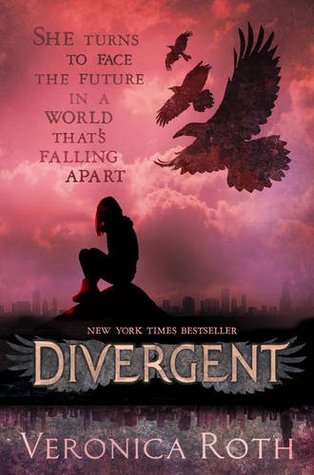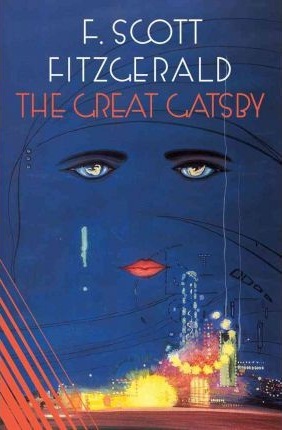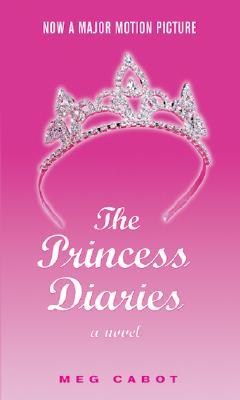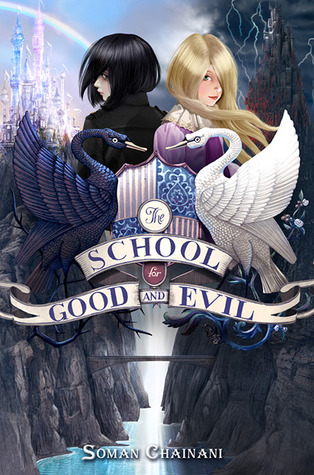You
may have noticed that I have been absent from the internet recently. You may
have not. If so, I’m not offended. So where have I been? University! Wooo!
I
have been having a fantastic time. Such a fantastic time, that I now have no
time. Between the 22 hours of contact time, the lab reports and coursework
(this is what you get for choosing science), friends and extra-curriculars, I’m
finding it to keep up, and I’ve just been lazy when it’s come to updating this
blog and my Youtube channel. But with New Year’s around the corner, I am now
determined to a better job of keeping up this blog and (hopefully) my Youtube
channel. I say hopefully for Youtube because the walls in my halls of residence
are so thin! So if anyone has some advice for me please let me know below.
I
have also been a lazy reader. In the 3 months I was at university, I read three
books one of which was on the train to and from London. To say I’ve been in a
reading slump is to put it mildly. Luckily, the Christmas holidays have snapped
me out of it, and I am on a roll.
So
here’s the first part of my mini-reviews of what I’ve read.
Geek
Girl and Geek Girl (Model Misfit) by Holly Smale

 Geek Girl has been floating around the
blogging circuit for a while and I now know why, it’s amazing! It’s funny and
quirky (and not in a look-at-me-I’m-so-hipster kind of way). Harriet Manners is
a geek (as you may guess from the title) and somehow ends up as a model, which
of course is followed by several mishaps. I loved Harriet, especially once you
peel off all the layers of facts and knowledge she was a normal, teenage girl. Geek Girl doesn’t take itself too seriously,
but has a lot of heart.
Geek Girl has been floating around the
blogging circuit for a while and I now know why, it’s amazing! It’s funny and
quirky (and not in a look-at-me-I’m-so-hipster kind of way). Harriet Manners is
a geek (as you may guess from the title) and somehow ends up as a model, which
of course is followed by several mishaps. I loved Harriet, especially once you
peel off all the layers of facts and knowledge she was a normal, teenage girl. Geek Girl doesn’t take itself too seriously,
but has a lot of heart.
I received Model Misfit from NetGalley
Rating:
9/10
Heist
Society by Ally Carter
 Heist Society had an interesting concept,
as we follow Kat, a retired teenage thief whose father has been framed for a
crime he didn’t commit. As much as I found the plot interesting, I felt like
there wasn’t much to the characters. Kat was emotionless and lacked much of a
personality, and I found it hard to connect to her. Even the plot, though fast
paced and clever in places, required too much suspension of belief for me to
take it seriously. It was fun to read, but ultimately left me feeling let down.
Heist Society had an interesting concept,
as we follow Kat, a retired teenage thief whose father has been framed for a
crime he didn’t commit. As much as I found the plot interesting, I felt like
there wasn’t much to the characters. Kat was emotionless and lacked much of a
personality, and I found it hard to connect to her. Even the plot, though fast
paced and clever in places, required too much suspension of belief for me to
take it seriously. It was fun to read, but ultimately left me feeling let down.
Rating:
6/10
You
may have noticed that I may be a tiney-winey (ok, massive) fan of The Mortal Instruments. So shockingly, I
had not read the spin-offs. The reason for wanting to avoid them is that I’m
not the biggest fan of historical fiction. Eventually I gave in and picked them
up. I wanted to love it. Really, I did. And I did. Sort of. I really enjoyed
the steampunk Victorian setting and the fast paced plot complete with a
slippery villain. I loved all the characters, from book-loving Tess, to calm
Jem, to strong Charlotte. The only problem I have is that I’m getting sick of
love triangles. But I have high hopes for the rest of the series!
Rating:
9/10
I
have a lot of things coming up for this blog and I will get back into the swing
of things, so stick around!


























